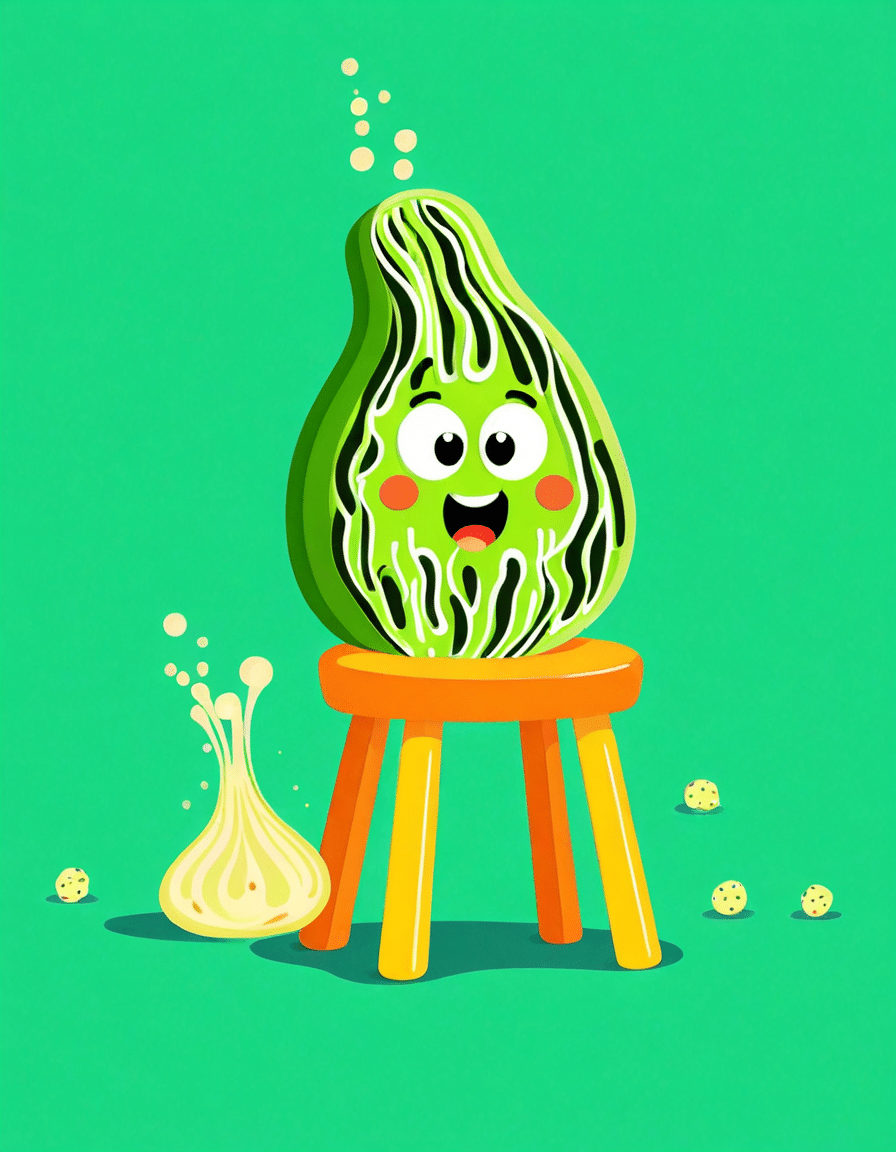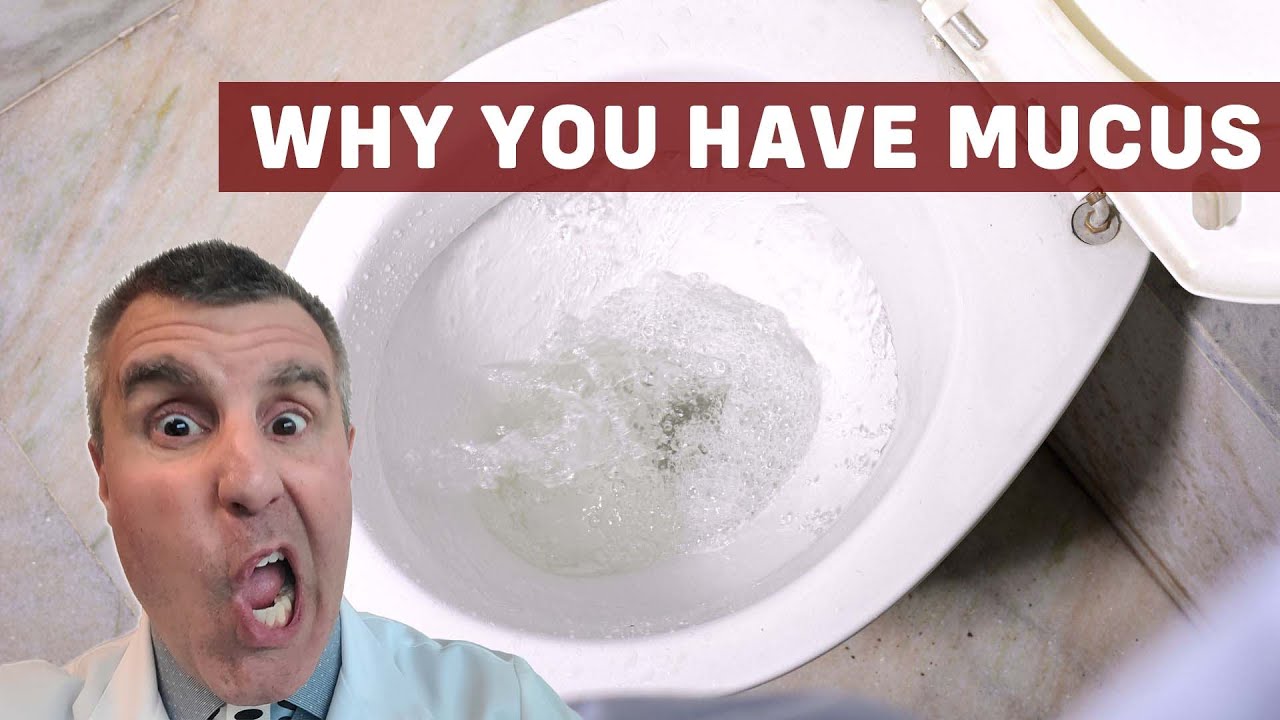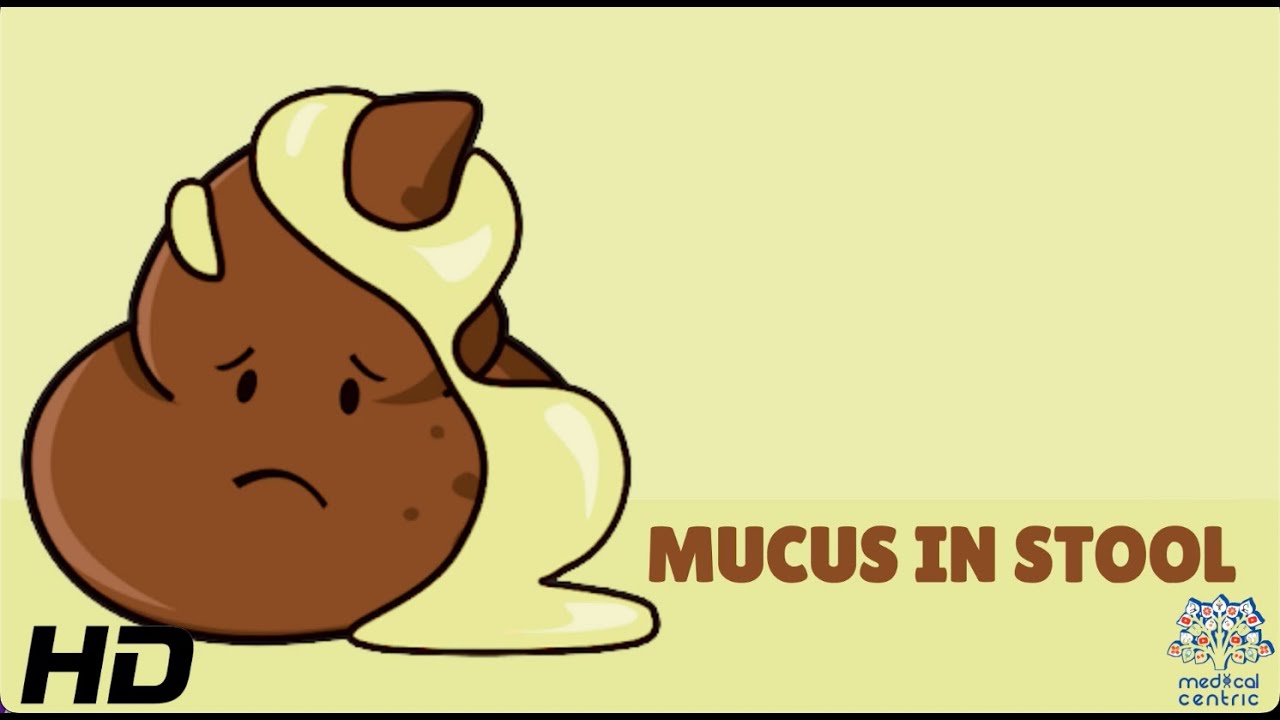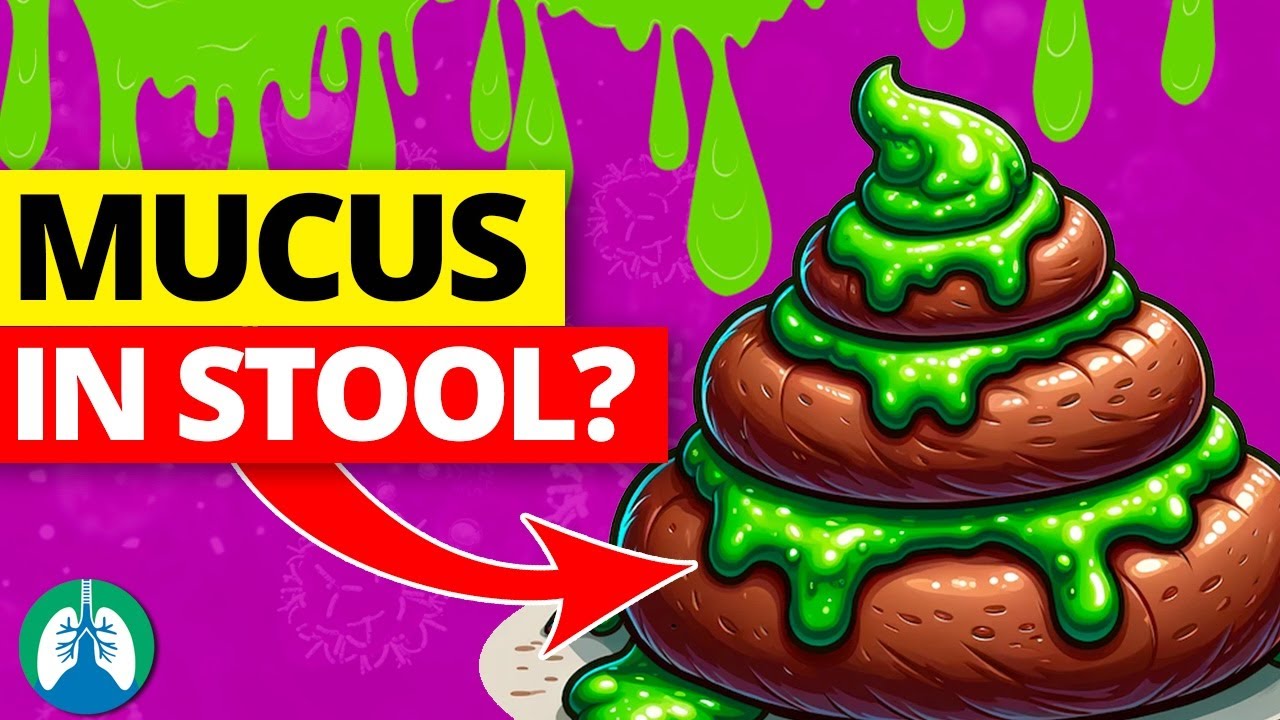Mucus in stool can be perplexing and raises concerns about digestive health. This symptom may seem trivial at first, but understanding what it hints at about your body can unveil essential insights into your overall health. From everyday conditions like Irritable Bowel Syndrome (IBS) to more severe issues such as colorectal cancer, there’s a spectrum of reasons for the presence of mucus in stool. Let’s dig into the underlying factors, potential health issues, and the implications for your wellness.
Top 5 Causes of Mucus in Stool and Their Health Implications

1. Irritable Bowel Syndrome (IBS)
Irritable Bowel Syndrome (IBS) is a common culprit when it comes to mucus in stool. This functional gastrointestinal disorder affects an estimated 10-15% of adults and is often misdiagnosed. IBS can lead to abnormal bowel movements, leading to an increase in mucus production. Sufferers may experience abdominal pain, bloating, and erratic bowel habits, making daily life quite challenging.
Experienced firsthand by many, IBS can feel like an uphill battle, but changes in diet, stress management, and medication can help manage symptoms. Some individuals find that tracking their food intake and symptoms often uncovers specific triggers. Whether it’s spicy food or dairy, pinpointing these factors can make all the difference in easing discomfort.
2. Infections
Bacterial, viral, or parasitic infections are other prime suspects when mucus shows up in your stool. Conditions like gastroenteritis—often caused by pathogens such as norovirus or E. coli—can lead to diarrhea that may include mucus. Treating these infections effectively requires understanding the specific pathogen involved; antibiotics work well for bacteria but won’t touch viral infections.
The good news? Most infections are temporary. Staying hydrated and seeking medical advice can alleviate symptoms quickly. If symptoms persist or worsen, timely intervention becomes crucial to prevent further health complications.
3. Inflammatory Bowel Disease (IBD)
Inflammatory Bowel Disease, including Crohn’s disease and ulcerative colitis, is serious and typically associated with an increase in mucus. Statistical data reveals that up to 1.6 million Americans suffer from IBD, which can significantly impact quality of life. Those diagnosed often experience severe digestive discomfort, along with the presence of mucus in their stool.
Regular medical oversight is vital for people with IBD. Effective management through diet, medication, and lifestyle changes helps maintain remission and reduces the risk of complications, including colorectal cancer.
4. Food Intolerances and Allergies
Food sensitivities, like those found in lactose intolerance or gluten sensitivity, may also cause increased mucus production. Recent discussions have highlighted the growing number of people impacted by gluten sensitivity, often resulting in misdiagnosis and discomfort for years. Tracking dietary habits helps in identifying what foods lead to these gastrointestinal responses.
Once individuals know their triggers, they often report significant improvements in their symptoms, including the reduction of mucus in stool. Collaborating with a healthcare professional can aid in forming a suitable dietary plan to eliminate discomfort.
5. Colorectal Cancer
While far less common, persistent mucus in stool can point toward severe health issues like colorectal cancer. According to the American Cancer Society, around 1 in 24 individuals are at risk of developing this type of cancer in their lifetime. Recognizing the signs—such as changes in bowel habits or blood in stool—becomes crucial.
Regular screenings become essential, especially for those with risk factors. Awareness and education about your body can empower individuals to seek early intervention and potentially save lives.
The Relationship Between Mucus in Stool and Other Health Factors
Mucus in Stool and Rare Blood Types
Interestingly, rare blood types—such as AB negative—may correlate with specific immune responses that impact gastrointestinal health. Studies suggest that the immune systems of individuals with rarer blood types may show different reactions, influencing gut flora. While evidence linking rare blood types to mucus in stool directly remains limited, understanding this complex relationship can pave the way for more personalized healthcare approaches.
The Connection to Fungal Acne
In a surprising twist, mucus-like substances may also relate to skin conditions like fungal acne. The skin’s microbiome can intricately interact with gut health. Stressors hitting your gut might show up on your skin, emphasizing the importance of treating your body holistically. Many dermatologists now advocate for addressing gut health to help alleviate chronic skin conditions.
Coping with COPD Symptoms and Digestive Health
For folks battling Chronic Obstructive Pulmonary Disease (COPD), the systemic effects can impact digestive health as well. Nutritional challenges stemming from COPD can result in altered digestive function, sometimes observed through increased mucus production. Coordinating between specialists can enhance health management, allowing for comprehensive care addressing all symptoms.
The Influence of the Luteal Phase
Women may also notice that the luteal phase of their menstrual cycles affects their gastrointestinal function and mucus production. Hormonal fluctuations during this time can heighten bowel sensitivity, exacerbating symptoms for those with IBS or other conditions. Tracking menstrual cycles alongside digestive symptoms can empower women to manage their health proactively.

Moving Forward: What You Can Do
Grasping the implications of mucus in stool demands awareness and sometimes professional guidance. If you find mucus in your stool consistently, consulting healthcare professionals for evaluation is essential. Monitoring your diet, understanding body changes, and committing to regular screenings can significantly boost your overall health.
In conclusion, mucus in stool acts as a multi-faceted symptom linking to various health conditions. By adopting a proactive stance, comprehending potential underlying causes, and seeking appropriate care, you can maintain better health and peace of mind. Whether you’re concerned about IBS, IBD, or merely experiencing a new symptom, being informed can empower you in your health journey.
Understanding your health is crucial, and navigating these different factors, from the benefits of a to the importance of knowing your risk related to cancer, will give you a rounded view to approach your well-being again. Embrace the knowledge that your body communicates, and take action for a healthier future.
Mucus in Stool: What You Need to Know
Understanding Mucus in Stool
Mucus in stool can be a pretty puzzling topic, but it’s worth knowing a bit more about. Generally, mucus is produced by the intestines and serves a helpful purpose—lubricating the digestive tract. However, when spotting an unusual amount of this gel-like substance in your bowel movements, it might raise some eyebrows. Interestingly enough, did you know that the human body can produce over a liter of mucus daily? That’s enough to fill a couple of jars of gold bars! Plus, studies suggest that stress can increase mucus production, turning it into a slippery slope for digestion.
Speaking of which, how about a fun trivia fact? In 1985, scientists discovered that a specific virus could influence mucus in stool. This virus, linked to severe stomach flu, can affect more than just your gastrointestinal tract. It shows just how interconnected bodily systems can be, much like the layers of a grounding mat For bed, each playing a role in overall health. Staying informed about your body helps us feel more in tune, just like a coordinated team in the latest Nfl defense Rankings, working together to keep you feeling great.
When to Seek Help
If you’re finding more mucus in stool over time, it might be time to consult a healthcare professional. Mucus accompanied by other symptoms, like blood or persistent diarrhea, should definitely ring alarm bells. As with other health concerns, a proactive approach is best—kind of like preparing for a major tour, like the Taylor Swift eras Tour, where every detail counts! On the flip side, don’t panic; in many cases, minor dietary changes can lead to improvements.
Interestingly, some researchers tie increased mucus to certain dietary habits. Just as a Moonrock certainly raises eyebrows, what we consume can lead to varying gut responses. For instance, dairy and gluten may play a role in heightened mucus production for some individuals. So, keeping a food diary could shed light on your personal triggers, thereby improving your gut health significantly.
Fun Facts to Keep in Mind
Here’s a quirky tidbit: ever heard of the term coterie? It refers to a close circle of friends, but much like your gastrointestinal flora, it underscores how each of us is never alone, even on this health journey. Sometimes, knowing you’re not the only one dealing with mucous-related quirks brings comfort. Moreover, while discussing body functions, it’s good to remember that everyone’s stools are as unique as their personal histories.
Lastly, if you want to keep an eye on trends in health topics, checking local schools like Heritage High school may give you insights into educational initiatives that tackle health awareness. Just like that striving athlete in need of precision and care, taking note of changes in mucus in stool can go a long way in ensuring long-term wellbeing. So, stay curious and informed, and don’t hesitate to delve deeper!







